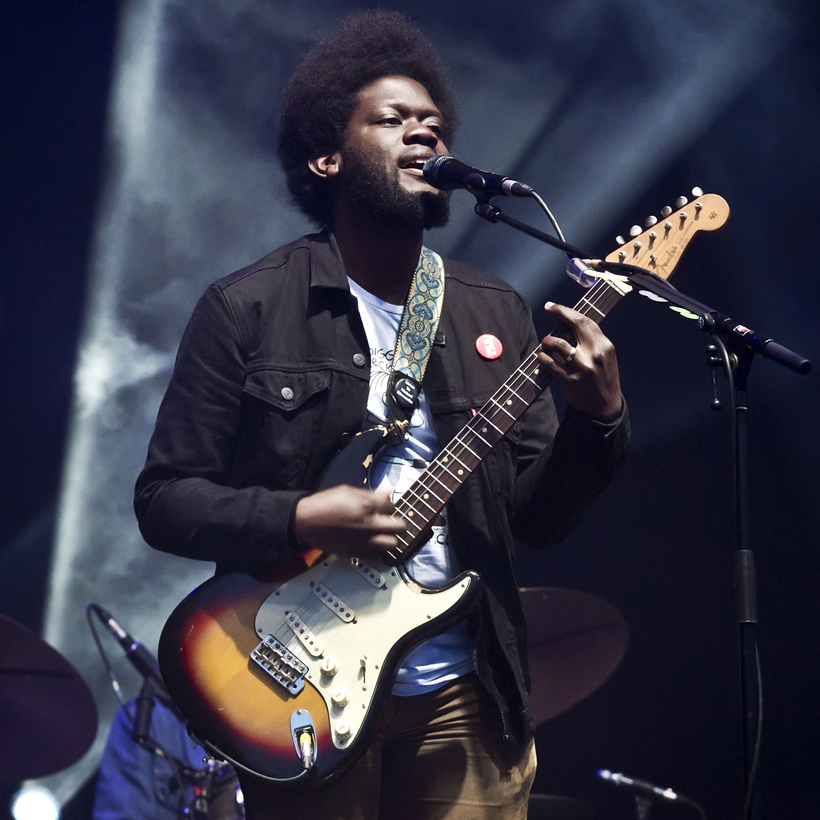It has been three years since singer Michael Kiwanuka released “Cold Little Heart,” the haunting and instantly beloved theme song for the HBO series Big Little Lies, and he has yet to wrap his mind around the ode’s tremendous success and enduring popularity.
“It’s like winning the golden ticket from Charlie and the Chocolate Factory,” he says, during an afternoon break from his multi-city European tour. The song, which first appeared as a 10-minute ballad on Kiwanuka’s 2016 album, Love & Hate, has garnered universal praise (“It’s goddamn beautiful,” Esquire exclaimed), more than 75 million views on YouTube, and propelled him to sold-out shows across the United States. “Maybe it’s the vulnerability, the honesty, the melody. I don’t know. I did not see this coming. I don’t think any of us saw it coming.”

